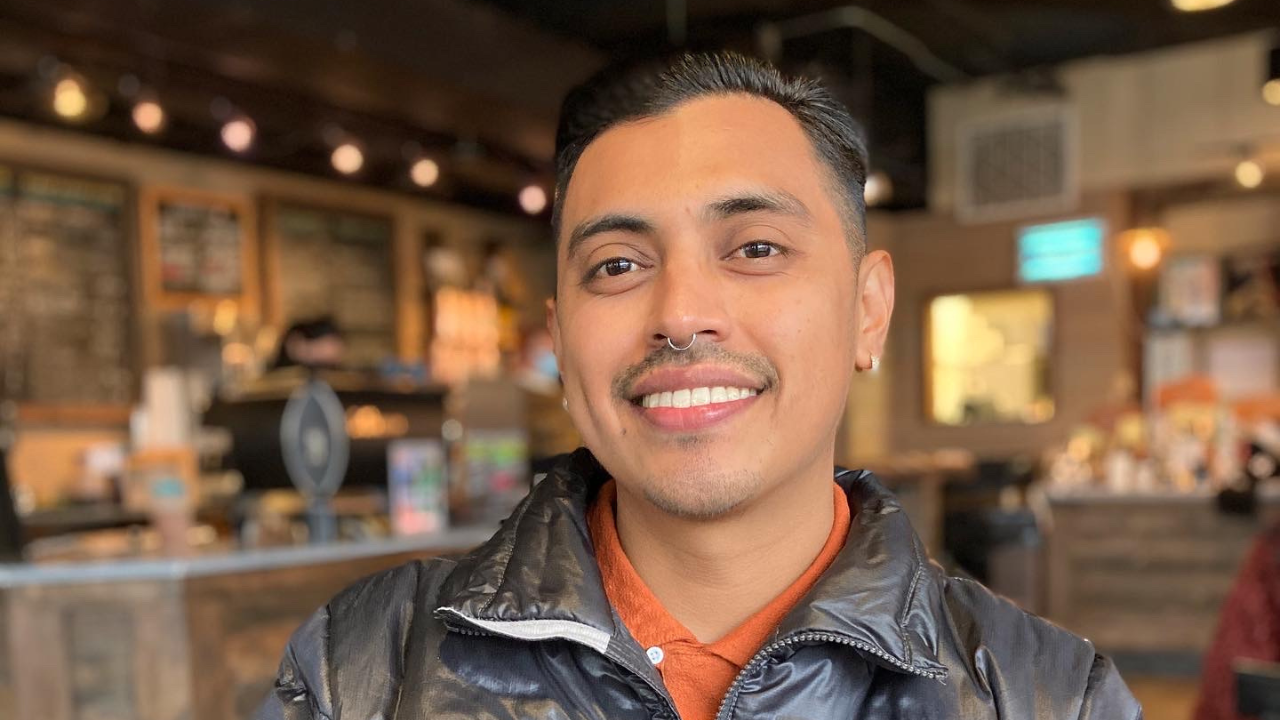
Emerging Historian Receives Mellon/ACLS Dissertation Innovation Fellowship
A UC Davis history doctoral candidate who blends multiple disciplines in his study of Mexico’s mining industry has been awarded a $50,000 fellowship for pathbreaking dissertation research.
Joel Daniel Olea-Calixto is one of 45 scholars nationwide named to the inaugural cohort of Mellon/ACLS Dissertation Innovation Fellows, the American Council of Learned Societies recently announced.
Olea-Calixto's project focuses on how Mexican refugees-turned-technocrats, Indigenous mining laborers and foreign mining companies shaped Mexico’s mining industry in the 20th century. His research integrates environmental history, science and technology studies, and racial capitalism scholarship.
The new fellowship program was created to support emerging scholars as they pursue “bold and innovative research” in the humanities and interpretive social sciences.
The program, made possible by a grant from the Andrew W. Mellon Foundation, also aims to elevate voices that have been marginalized in history and contemporary society.
Olea-Calixto was selected from a pool of nearly 700 applicants through a rigorous, multistage peer review process.
A first-generation scholar from Guerrero, Mexico, Olea-Calixto described the fellowship as life changing. He said it will allow him to search archives, conduct interviews along the U.S-Mexico borderlands and think critically about the development of Mexico’s mining industry, especially after the 1910-20 Mexican Revolution.
Olea-Calixto is pursuing a doctorate in Latin American history with a designated emphasis in Native American studies in the College of Letters and Science at UC Davis.
His project, “Studying for Corporate Imperialism: Mining Colleges, Racial Capitalism, and the Rise of Mexico’s Mining Technocrats, 1908-1996,” argues that Mexican refugees turned technocrats were powerful go-between intellectuals for English, German and U.S. companies.
He said he hopes his research will provide historical context for resistance by Indigenous communities in Mexico and Latin America against mining megaprojects today.
“Foreign mining corporations are displacing marginalized communities through the poisoning of lands, the disruption of local ecologies and airborne toxins that have caused unfathomable damage to humans and children,” Olea-Calixto said.
— Kathleen Holder, content strategist for the College of Letters and Science
